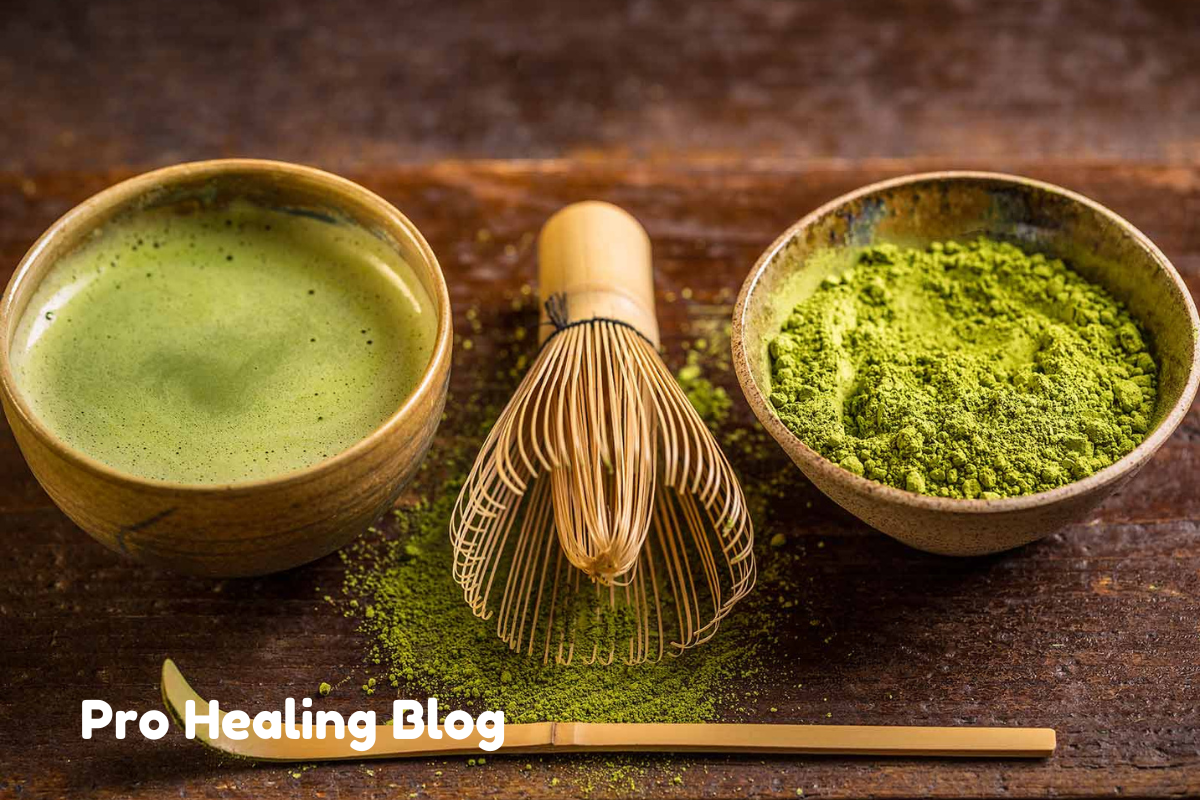Over the past decade, this vibrant green tea powder has captured global attention, celebrated not only for its striking color but also for its numerous health benefits. Originating in Japan, Matcha has transcended cultural boundaries to become a staple in a variety of products and culinary creations. From trendy lattes and indulgent desserts to innovative beauty products, its versatility and appeal have cemented its place in both traditional and modern applications, making it a favorite among health enthusiasts and foodies alike.
What is Matcha?
Derived from specially grown and carefully processed Camellia sinensis leaves, this finely milled tea powder is unique in its preparation and consumption. Unlike conventional green tea, which involves steeping and discarding the leaves, this tea powder allows for the full leaf to be consumed, offering a concentrated source of antioxidants, vitamins, and minerals. This distinctive method not only amplifies its nutritional profile but also provides a rich, earthy flavor that sets it apart as a premium choice for both beverages and recipes.
How it is Made:
- To boost the production of chlorophyll, tea plants are shaded for a few weeks before to harvest.
- After being hand-selected, the leaves are steamed, dried, and then milled into a fine powder.
- The end product is a nutrient-rich, vibrant green powder.
See also: Tamarind: Health Benefits, Uses, and Side Effects
Health Benefits
This vibrant green tea powder is not just a trendy drink; it offers a wealth of scientifically supported health benefits that make it a powerhouse addition to any diet. From improving mental clarity to supporting overall wellness, its benefits extend far beyond its appealing taste and vibrant hue.
1. Packed with Antioxidants
Rich in catechins, particularly epigallocatechin gallate (EGCG), this tea powder provides a potent dose of antioxidants that help neutralize free radicals and prevent cellular damage. These antioxidants play a crucial role in reducing oxidative stress, which is linked to aging and chronic diseases, making it a valuable ally for long-term health.
2. Boosts Brain Function
Studies suggest that the unique combination of caffeine and L-theanine in this tea can enhance cognitive performance. L-theanine promotes a state of calm alertness, improving focus, memory, and attention without the jittery effects often associated with other caffeinated beverages. It’s an excellent choice for staying sharp and relaxed throughout the day.
3. Enhances Metabolism and Burns Calories
Incorporating this green tea powder into your routine may help boost metabolism and support weight management. Research indicates that its compounds can enhance fat oxidation during physical activity, making it a natural complement to an active lifestyle. This metabolism-boosting effect can be particularly beneficial for those aiming to maintain or achieve a healthy weight.
4. Detoxifies the Body
The high chlorophyll content in this powdered tea aids in detoxification by helping the liver process and eliminate toxins. Chlorophyll also supports healthy digestion and contributes to overall skin health, adding another layer of wellness benefits to its profile.
5. Supports Heart Health
Regular consumption of this tea has been linked to improved cardiovascular health. It can help reduce LDL cholesterol levels and support healthy blood pressure, lowering the risk of heart disease. Its anti-inflammatory properties further contribute to maintaining a healthy heart and circulatory system.
See also: The Ultimate Hair Care Routine: Steps, Tips, and Best Practices for Healthy Hair
Matcha vs. Coffee: Which is Better?
Many people switch from coffee to matcha, but is one better than the other?
| Feature | Matcha | Coffee |
| Caffeine Content | Moderate (70mg per cup) | High (95mg per cup) |
| Energy Release | Gradual, sustained energy | Quick energy boost, followed by a crash |
| L-Theanine | Yes – Promotes calm focus | No |
| Antioxidants | High levels of catechins | Moderate |
Takeaway: It gives you a more sustained, smoother energy boost without the jitters that come with coffee.
Popular Ways to Enjoy Matcha
- Matcha Latte: A creamy mix of matcha, milk (or dairy-free alternatives), and a sweetener.
- Matcha Tea: Traditional preparation with hot water and a bamboo whisk.
- Smoothies: Mix yogurt, fruits, and matcha powder.
- Desserts: Incorporate matcha into cookies, cakes, and ice cream.
Pro Tip: Use culinary-grade matcha for cooking and ceremonial-grade matcha for sipping.
Is Matcha Halal?
Since it is created from only green tea leaves, it is indeed halal by nature. But when drinking matcha in lattes or sweets, be sure the sugars and additions are halal-certified as well.
Conclusion
With origins in ancient customs, matcha is a nutritious powerhouse that is more than simply a fad. Matcha is still a potent and adaptable superfood, whether you’re drinking it in a latte, adding it into your daily routine, or researching its health advantages.
So, is it worthwhile to try matcha? Of course!
See also: Low Sodium Cancer Symptoms: Health Impacts and Awareness
FAQs
What is matcha and is it good for you?
It is a green tea powder that is high in vitamins, amino acids, and antioxidants. It’s great for increasing mental clarity, energy, and metabolism.
What does matcha taste like?
The flavor of matcha is earthy and slightly grassy, with a hint of umami. The taste can be balanced by adding milk or sweetening it.
Is matcha halal?
Matcha is halal by nature, yes. Examine the extra components listed in matcha-related items, such as desserts or lattes.
Is matcha stronger than caffeine?
Despite having less caffeine than coffee, matcha provides a more gradual energy boost because of L-theanine, which helps to avoid energy dumps.






